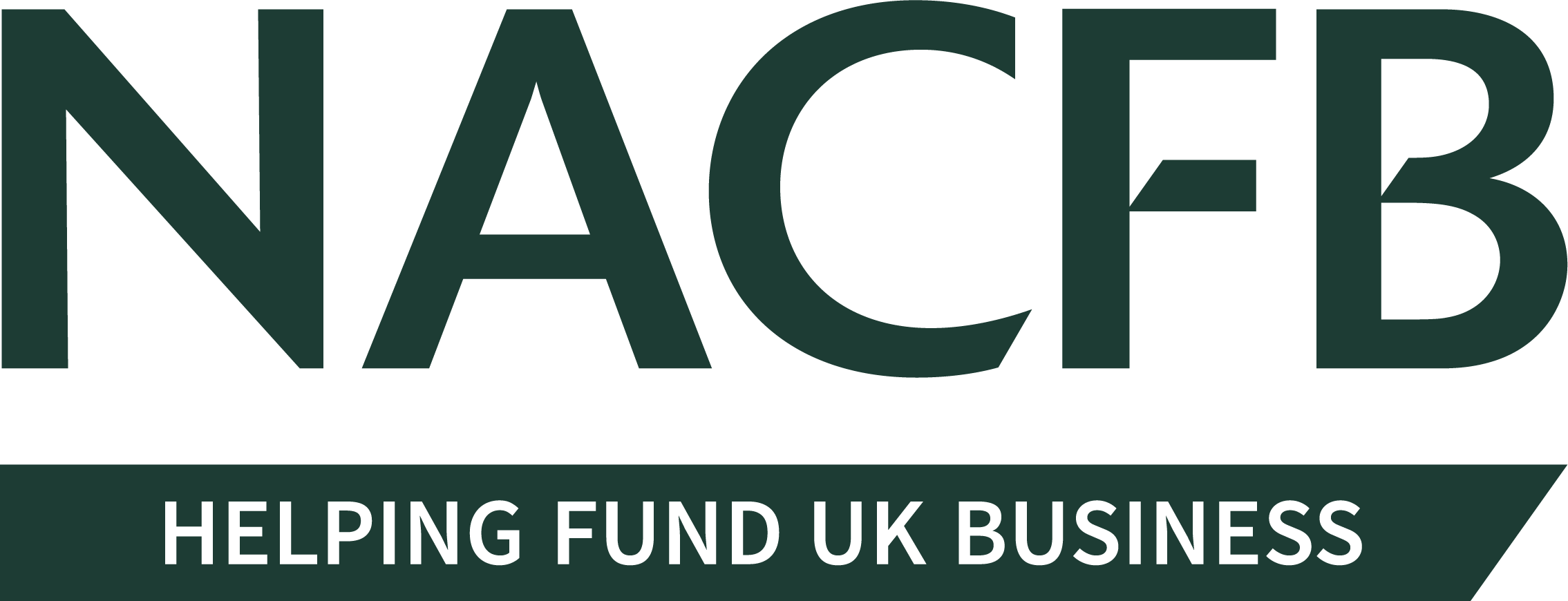Measures aimed at growing the UK economy
In Wednesday’s (22nd November) Autumn Statement, Chancellor Jeremy Hunt unveiled 110 pro-business measures aimed at growing the UK economy – with ‘full expensing’ at the heart of his plans to boost UK investment.
The plans will, the Chancellor said, “get Britain growing” and boost investment by a projected £20 billion a year. Full expensing allows firms to deduct spend on new technology and equipment from taxable profits. The scheme is already in place but had been due to expire, but the Chancellor is putting the policy on the books for good.
Ahead of the Statement, the OBR revealed that headline inflation is projected to fall to 2.8% by the end of 2024 and below 2% by the end of 2025.
From the despatch box, the Chancellor shared: “…we will back British business with 110 growth measures to remove planning red tape, speed up access to the national grid, support entrepreneurs raising capital, get behind our fastest growing industries, unlock foreign direct investment, boost productivity, reform welfare, level up opportunity to every corner of the country and cut business taxes.”
Reflecting on the Chancellor’s address, NACFB Chair, Paul Goodman, said: “The most direct and effective strategy to stimulate Britain’s growth hinges on ensuring that our small businesses can readily access growth capital. It’s evident that countless business owners are left in a precarious position when they are denied finance. The absence of an initiative to revive and enhance the Bank Referral Scheme represents a significant missed opportunity.”
Paul added: “Whilst the NACFB applauds initiatives that bolster British businesses, we strongly urge both political parties to re-examine the referral scheme. It’s crucial to reorient this system to place recognised and accredited commercial finance brokers at its core, thereby crafting a more efficient and impactful framework for SME financing.”
An overview of key measures from the Chancellor’s Autumn Statement can be found below:
‘Full expensing’ tax relief
- This was a measure widely trailed – and the Chancellor hailed it as “…the largest business tax cut in modern British history.”
- Full expensing means that, when a company buys machinery or plant, they can take the cost out of their pre-tax profits – saving them having to pay tax on the equipment.
- It was initially introduced three years back in the spring, and the Chancellor says it can now be made permanent owing to inflation falling and borrowing going down.
- In short, for every £1 that a business invests in IT, machinery, and equipment, they can claim back 25p in corporation tax. Companies will be able to do this in one go as opposed to having to offset the cost against corporation tax over a longer period.
Further business measures
- The Chancellor also outlined plans to freeze small business rates this year. Adding that he will extend the 75% discount on business rates up to £110,000 discount for those operating in retail hospitality and leisure businesses for another year too. He shared that these measures will save the average independent shop over £20,000 and the average independent pub over £12,800 next year.
- Plans were shared to free-up £500 million to fund innovation centres to make, “…us an AI powerhouse.” There will also be £50 million in funding over the next two years for apprenticeships. Making a further £4.5 billion free for “strategic manufacturing investments” in the aerospace, manufacturing, and green sectors.
Housing and planning law reforms
- £450 million was allocated to local authority housing funds to deliver 2,400 new homes.
- The Chancellor also outlined that it currently takes too long to improve infrastructure projects. From next year, councils will be able to recover the full costs of planning applications – provided they meet prompt deadlines.
- Plans were announced to bust the planning backlog, and the government will consult on a law to allow any house to be converted into two flats, provided the exterior is respected.
- Further, the Chancellor revealed a plan to cut delays in connecting new developments to the grid.
Employment and consumer measures
- The main employee National Insurance rate will be cut by 2 percentage points from 12% to 10%. from 6th January. The Chancellor shared that the change will help 27 million people and means someone on the average salary of £35,000 will save over £450 a year.
- The Chancellor said the Government will abolish Class two national insurance. That is a “flat rate compulsory charge, currently £3.45 a week, paid by self-employed people earning more than £12,570 which gives state pension entitlement”.
- The Chancellor also announced changes to Class 4 national insurance paid by self-employed people – a 9% tax on earnings between £12,570 and £50,270. From April, this will be reduced to 8%.
- Pensions are set to increase by 8.5% to £221.20 a week from April as the triple lock was maintained.
- Consultations to take place on giving savers a legal right to ask new employers to pay pension contributions into an existing pension pot.
A full list of measures can be found here.


